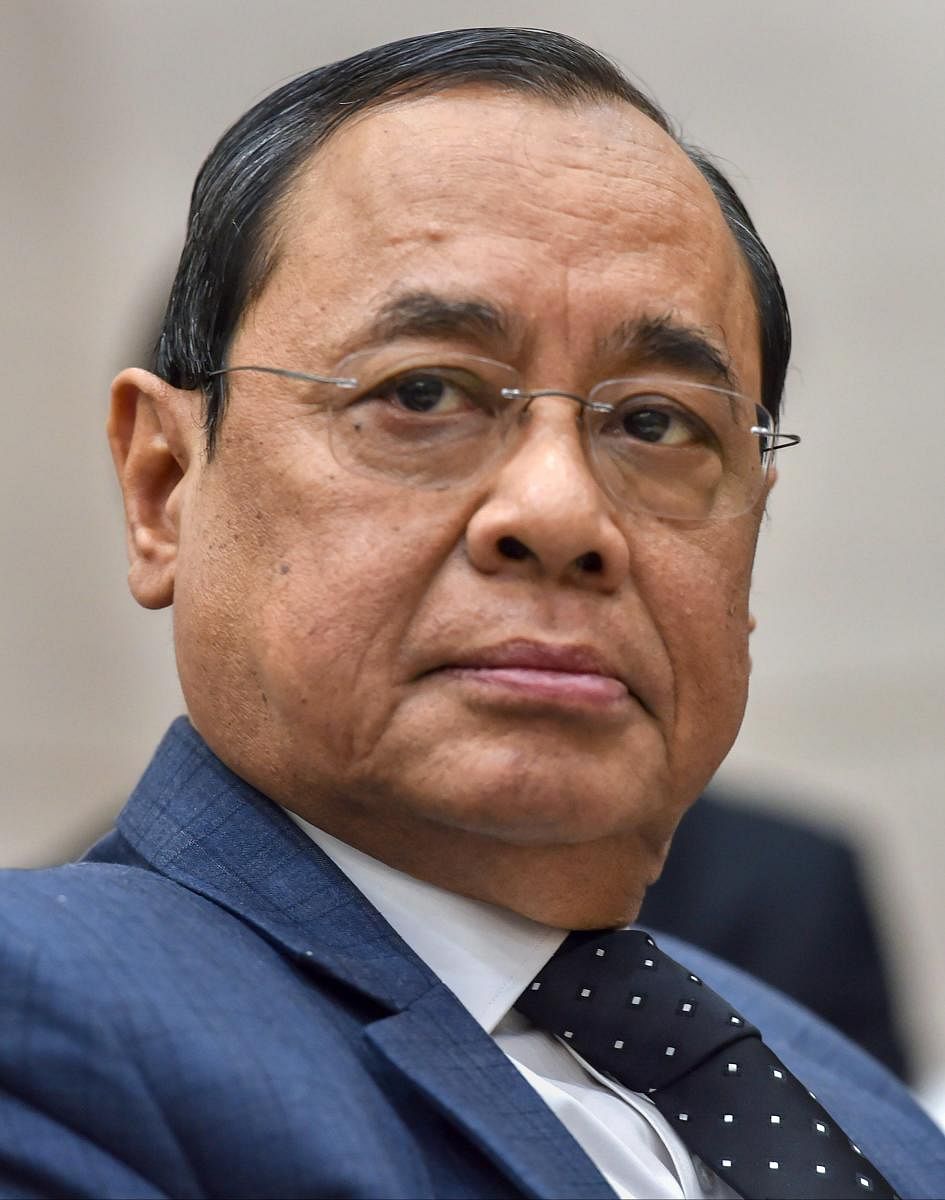The finding of the Supreme Court’s in-house committee, headed by Justice S A Bobde, that there is no substance in the allegations made by a former employee of the court against the Chief Justice of India, Ranjan Gogioi, is unconvincing, mainly because of the way in which it was arrived at. The method of an investigation influences the finding reached in the process, and the clean chit given to the CJI by the committee will not be considered so clean by many. The enquiry into the charges of sexual harassment against the CJI was mishandled from the beginning, with the CJI, who is the accused, and a bench of the court which he himself presided over, dismissing the charges as wrong and scandalous. The exoneration of the CJI by the in-house committee, consisting of other judges, will only be considered as an extension of the certification done by the bench.
The complainant had withdrawn from the investigation, expressing fear that she was not likely to get justice from the committee. She was denied the help of a lawyer, and she felt the atmosphere was frightening and intimidating. It was also pointed out that there was insufficient examination of evidence and no questioning of persons whose names had figured in the complaint. All this made the investigation a one-sided affair, inviting suspicions of prejudice and bias. The committee’s constitution and composition violated rules and norms like the Vishakha guidelines. It is true that there is no prescribed procedure to investigate a charge of sexual harassment against the CJI, but whatever procedure was adopted by the court should have been fair and just. In the circumstances, the committee’s finding can only be termed ex-parte. Even a senior judge of the Supreme Court, Justice D Y Chandrachud, was unhappy about the proceedings and reportedly conveyed it to the committee. There may be questions about the propriety of Justice Chandrachud’s intervention in the matter. But the judge’s concern was right and his action showed how serious it was.
The Supreme Court has said that the report would not be made public. There is no reason or justification for keeping it secret. It is not a private matter and is an issue of great public interest involving the character of the country’s highest judicial functionary and the integrity of the highest court. Should the court be exempt from the need for transparency, which it seeks and ordains for others? The complainant has said that she is disappointed with the outcome of the investigation. Justice may not have been done, and certainly has not been seen to have been done, to her and her family.
